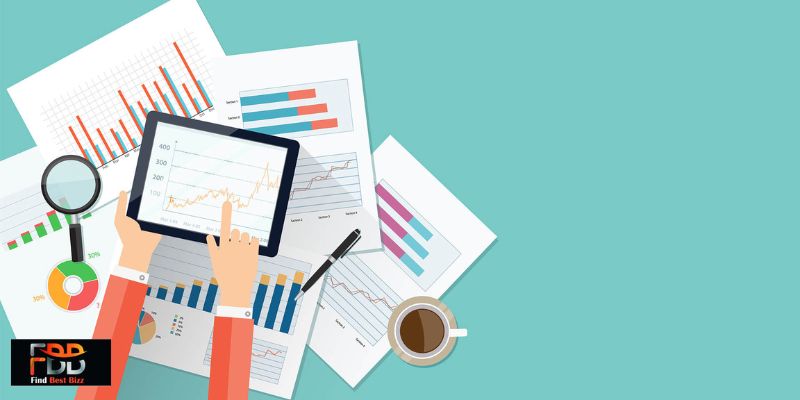Prices change and, from a commercial standpoint, should definitely end in nines. Why? It has to do with psychology. Or maybe not. Whatever the rationale, shoppers are frequently believed to be more likely to purchase anything provided for 99 cents rather than $1.
Still, in both circumstances, the consumer will most likely hand you a dollar bill and will be unconcerned about the penny they receive in return. In many places, the small bowl of change next to the cash register indicates that neither the Business Growth nor their consumers value those copper coins.
So, does the price really matter? It is not a serious worry in most startups and is not given much care. Frequently, the price on the tag is simply the expected production cost plus a margin. Or it’s a price that appeared reasonable after looking at what competitors were charging.
There are a lot of other elements that need to be considered; what strategy to choose with pricing? Whether it should be competitive or skimming? Deciding what approach to adopt at what point can be challenging, as training rookies and getting more clients. This is where a business advisor can help with goals and vision, personalized guidance, improved performance, knowledge sharing, accountability, motivation, and networking.
So-called experts who give guidance on how to succeed as an entrepreneur pay little if any, attention to pricing. They usually concentrate on how to act like an entrepreneur or how to stay motivated. How should business owners spend their time? Pricing appears to be unimportant. If you search for “price” or “pricing” in any how-to-succeed article, you will very certainly find no results.
Regardless of the relevance of this advice, pricing is essential to your Business Growth and to your success as an entrepreneur. Pricing is all about getting to know your customer. The price you charge is what ultimately sells your goods, tells the buyer a story about your company, and provides a guide for determining your costs.
Price is how your customer makes money.
Many people are familiar with the economic term “willingness to pay.” It makes sense when studying the efficiency of the financial system, i.e., how to get the most out of finite resources for the greatest number of people. However, at a startup, a much better approach to think about it is the value that the client expects from the product.
By some measure, the price must be less than that value. Your pricing is the customer’s expense. The difference between the amount you charge and the benefit they receive is the customer’s profit. As a result, a deal they can’t pass up is one in which their benefit greatly outweighs the cost. A satisfied customer is a profitable customer.
The price informs the buyer.
The price is more than just the amount of money exchanged. It also contains information. A high price raises customer expectations of the goods, customer service, and so on. And a product that buyers expect to be expensive but is given at a surprisingly low price is no longer a bargain; it is cause for concern.
Consider a Porsche dealership that sells new Carreras for $12,000 each. Some may choose it, while many others will question what is wrong with those vehicles and why a new Porsche now costs less than a standard sedan. As a result, the Porsche brand will lose value quickly.
Cost is determined by the price.
It may sound counterintuitive, but the pricing is decided by the value that your buyers expect from the product. They will buy your stuff if you provide them with decent value. To be honest, the customer couldn’t care less about your price. As an entrepreneur, your duty is to benefit from the worth that customers choose to pay.
The only way to accomplish this is to let the price dictate the price. Choose the production process, materials, and quantity produced based on the predicted pricing, not vice versa. The entrepreneur’s major selection variable is cost.
The customer determines the price.
Indeed, the price is not yours to determine but rather to discover. A price that is too high will reduce sales and earnings, but a price that is too low will do the same. The cost must be reasonable. You might wonder who “right” is. The answer is that it has to be appropriate for the customer.
The correct price is determined by the value the consumer expects from your product and, consequently the “profit” they make from it. However, they have a plethora of products and services to pick from and will select whichever generates the greatest profit Business Growth — on their own terms.
